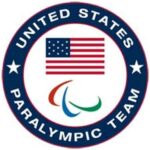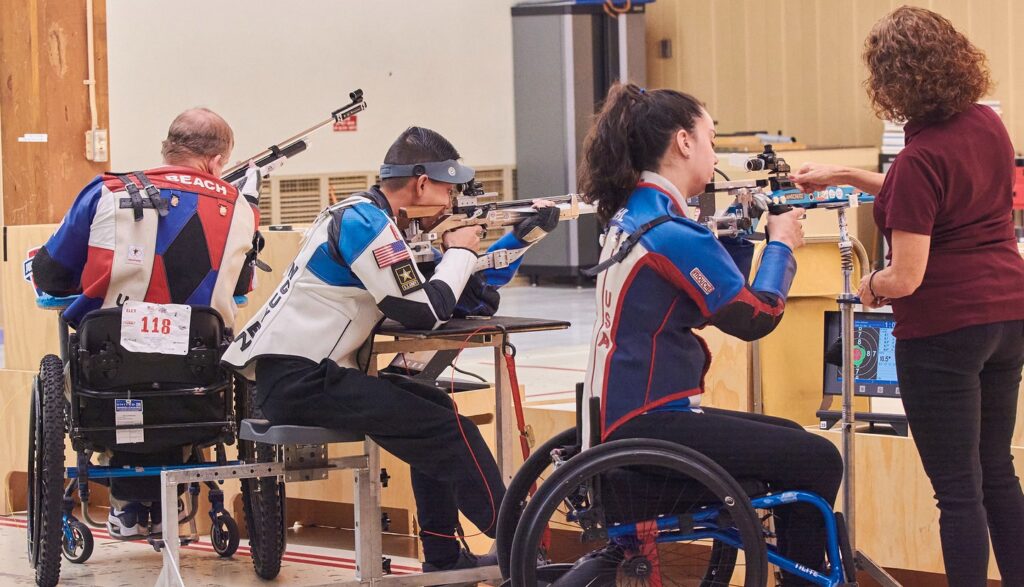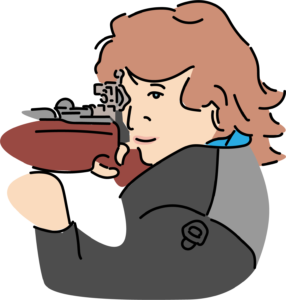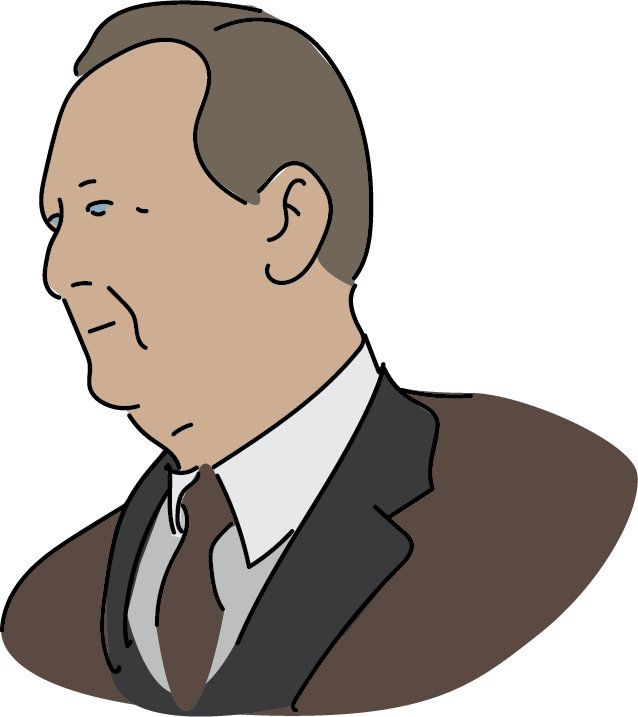Feb 2, 1881 – Feb 11, 1963
- 1920 competed in Summer Olympics
– won the gold medal in the individual free pistol event
– won two gold medals as member of the American team in the team 50 metre free pistol competition
- 1934 – 1935 President of the National Rifle Association
- 1934 – testified during hearings on the National Firearms Act
“I have never believed in the general practice of carrying weapons. I seldom carry one. I have when I felt it was desirable to do so for my own protection. I know that applies in most of the instances where guns are used effectively in self-defense or in places of business and in the home. I do not believe in the general promiscuous toting of guns. I think it should be sharply restricted and only under licenses

“I believe in regulatory methods. I think that makes it desirable that any such regulations imposed should not impose undue hardships on the law-abiding citizens and that they should not obstruct him in the right of self-defense, but that they should be directed exclusively, so far as possible, to suppressing the criminal use, or punishing the criminal use of weapons.”









